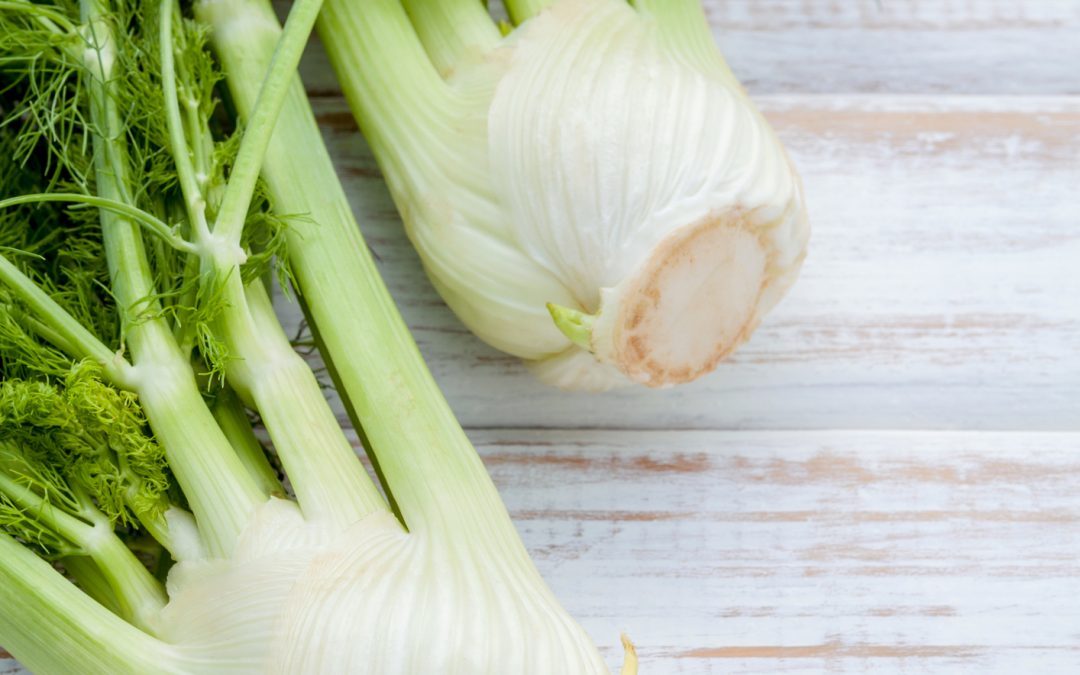 Eating should be pleasurable and enjoyable. However, you also have to remember that what you put into your mouths 3-4 times a day can have a significant impact on your health. First and foremost, food is intended to fuel and nourish your body. Your brain and body require daily nutrients including essential amino acids, over 30 different vitamins and minerals, a variety of plant phytonutrients, and fibers. In order to get these key nutrients every day, you need to eat a sufficient variety of foods.
Eating should be pleasurable and enjoyable. However, you also have to remember that what you put into your mouths 3-4 times a day can have a significant impact on your health. First and foremost, food is intended to fuel and nourish your body. Your brain and body require daily nutrients including essential amino acids, over 30 different vitamins and minerals, a variety of plant phytonutrients, and fibers. In order to get these key nutrients every day, you need to eat a sufficient variety of foods.
Many of us get stuck in a food rut, eating the same foods day after day. It’s easy to see why! Meal planning and shopping become a breeze and you have confidence that the meal will be satisfying since you make it all the time. But eating the same foods every day can have its drawbacks. It can lead to nutrient deficiencies and possibly even food intolerances. By limiting yourself to a few different foods, you may be missing out on a lot of foods that are loaded with important nutrients that your body requires to stay healthy.
In fact, a 2015 study in the Journal of Nutrition demonstrated that greater food variety was associated with a lower risk of metabolic syndrome (defined as a cluster of symptoms including abdominal obesity, high blood sugars, abnormal cholesterol and triglyceride levels, and high blood pressure). Eating a wide variety of food also helps to promote a diversity of healthy bacteria in the gut. It may also be possible to develop intolerances to foods you eat too often. A diversity of real, whole foods will provide your body with the array of nutrients to keep it working optimally.
Over the next few weeks, I am going to highlight some exceptionally healthy foods that are often overlooked when meal planning and shopping, yet are easy to incorporate into your daily diet while also adding an array of nutrients and flavors.
Fennel
Fennel has long been used as a medicinal plant for a wide range of conditions. It is known to aid in digestion, promote cardiovascular health, protect against chronic degenerative diseases, support bone health, as well as exhibit cancer-fighting properties. These benefits stem from fennel’s numerous phytochemicals that provide valuable anti-oxidant, anti-inflammatory, antimicrobial compounds.
-
Fennel is an excellent source of vitamin C and a good source of calcium, magnesium, potassium, manganese, and phosphorus which are all nutrients important in supporting strong, healthy bones.
-
The essential oils in fennel can help to stimulate the secretion of digestive enzymes and gastric juices aiding digestion. These oils can also help to decrease inflammation in the intestines and improve the absorption of nutrients.
-
Anethole, the phytonutrient compound that gives fennel its unique smell and flavor, has been shown in several different studies to reduce inflammation as well as protect against cancer.
-
Fennel is also a very good source of fiber which may help to reduce cholesterol levels and support colon health.
How to use Fennel:
Fennel has a mild licorice-like taste. It is slightly sweet and adds a refreshing flavor to any dish. You can use the entire plant, including the fronds. If eating raw, you can thinly slice the bulb and use it for salads or coleslaw or spread the stalks with your favorite nut butter or dip in dressing. You can also slice up the fennel bulb and saute with extra virgin olive oil, solo, or with other vegetables. It pairs nicely with onions and garlic. You can also cut up the bulb into chunks and roast it alongside Brussel sprouts, sweet potatoes, or beets. The stalk can be used in place of celery in soups and stews and the fronds can be chopped up and used as you would other herbs like dill or parsley. It is a very versatile vegetable!
One of my go-to fennel dishes is a Fennel and Orange salad. It is quick and easy to make and is a light and refreshing side dish. It is particularly delicious alongside salmon or scallops.
Fennel is in season from autumn to early spring. So this is a great time to give this nutritional superfood a try. You never know, it might become a new favorite!

Susan Brady, MPT,
Doctor of Integrative Medicine
Nutrition Consultant
susan@nurturedbones.com
703-738-4203






